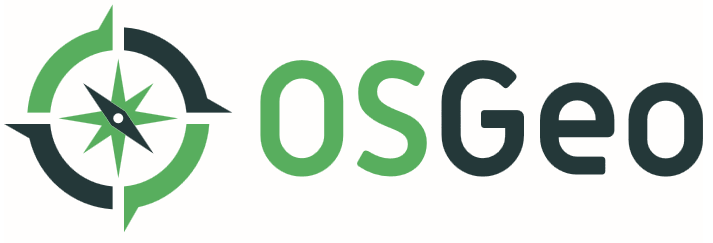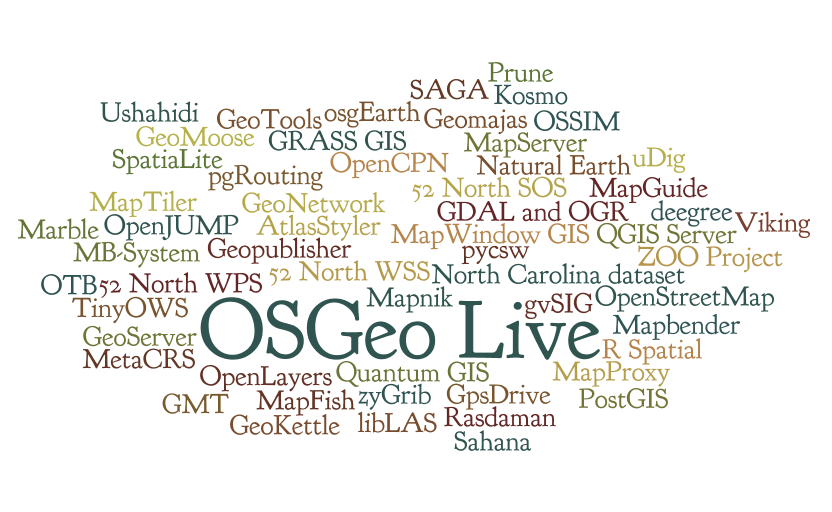Google Summer of Code 2022 Ideas
- Back to the main OSGeo Google Summer of Code 2022 wiki page.
- See also ideas from 2021,2020, 2019, 2018, 2017, 2016, 2015, 2014, 2013, 2012, 2011, 2010, 2009, 2008, 2007.
OSGeo Google Summer of Code 2022
The Open Source Geospatial Foundation would like to extend a welcome to all SoC students. On this page, you will find links to a host of ideas organized by project. You will find ideas ranging from the depths of computer science graph theory to the heights of visualization. One thing all these ideas have in common is lots and lots of spatial data.
These ideas are *only* to motivate you and serve as an example of the kind of hills we want to charge up. Your own ideas are more than welcome - they are encouraged. We view you as the next wave of open source leaders and the future of the geospatial industry; show us what you've got!
- Students: check out the Google Summer of Code Recommendations for Students page. If you need more information on how to apply you can contact all the mentors via the OSGeo-SoC mailing list (see below) And look at GSoC Roles and Responsibilities to understand a successful teamwork and interplay of project, mentors, and students.
- There is a Google SoC flyer to look at and post in appropriate places.
- Ok, OSGeo is involved in working with maps and things, but what kind of projects does it really do? Have a look at the live blog feed to see what people are working on right now.
- Mentors, there's an additional link providing some tips and specifying your responsibilities on the main OSGeo Google Summer of Code 2021 Administrative wiki page.
New Modifications with GSoC 2022
- Smaller project size - All students participating in the 2021 program will be working on ~175 hour project (instead of 350 hr project).
- 2 evaluations (instead of 3) - There will be an evaluation after 5 weeks and the final evaluation will take place after the 10th week. Also, the students are no longer required to complete their first evaluation (though we encourage them to do so), so if a student doesn’t complete the first evaluation they will not automatically be removed from the program. They are still required to complete the final evaluation.
- Eligibility requirements - In 2020 there are many ways students are learning and we want to acknowledge that the students who are 18 years old AND currently enrolled (or accepted into) a post-secondary academic program as of May 17, 2021 or have graduated from a post-secondary academic program between December 1, 2020 and May 17, 2021 are eligible to apply to the GSoC program. Check Eligibility here. This means that now the program will be open to folks participating in a variety of different academic programs, not just accredited university programs. This includes licensed coding camps, community colleges, and many other programs that may not be accredited yet but are post-secondary academic programs.
The ideas pages
[Check back often, it's a work in progress]
To add your page, please contact the GSoC admin team to let them know of your ideas page, by sending an email to gsoc-admin@osgeo.org
I want to apply as a student
Before applying as a student, check out the Google Summer of Code Recommendations for Students page.
Which project do I choose?
Most of the software projects are available pre-built on our OSGeoLive { DVD | USB stick | VirtualMachine } with project overviews and short tutorials where you can try everything out.
- View the documents and download the ISO from https://live.osgeo.org
Important dates
[Back to Google Summer of Code 2022 @ OSGeo]


